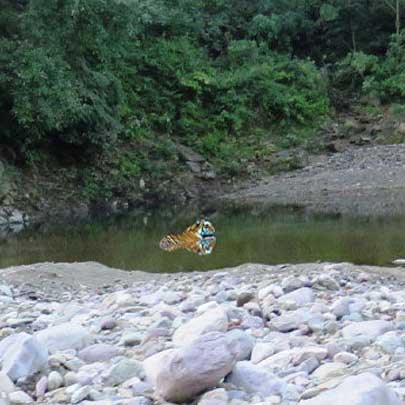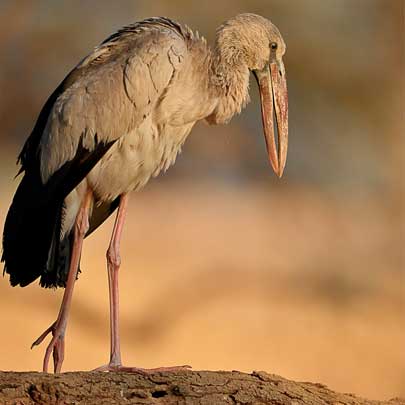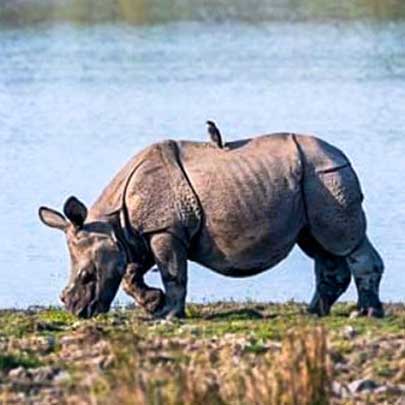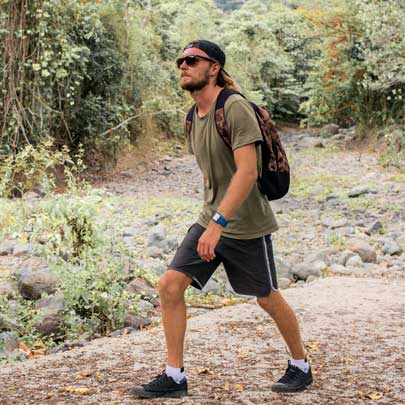Sustainable Tourism In Pilibhit: How To Visit Responsibly

Sustainable tourism is a responsible approach to travel and exploration that aims to minimize the negative impact on the environment, respect local cultures and foster economic benefits for local communities. It focuses on long-term viability, seeking a balance between tourism and the preservation of natural and cultural assets.
Sustainable Tourism Principles:
- Environmental Conservation:
- Minimizing the ecological footprint of tourism activities to protect the natural habitat, flora and fauna.
-
Cultural Respect:
- Respecting and engaging with local cultures, traditions and communities to ensure their preservation.
-
Economic Benefits:
- Ensuring that tourism contributes positively to the local economy and provides fair employment opportunities.
-
Community Involvement:
- Engaging local communities in tourism planning and development, ensuring their active participation.
-
Visitor Education:
- Promoting awareness and understanding among visitors about the importance of conservation and responsible behavior.

A responsible visit to Pilibhit Tiger Reserve involves adhering to sustainable and ethical practices that prioritize the conservation of the reserve's biodiversity, respect for local communities and the minimization of environmental impact. Here's a guide for a responsible visit:
-
Research and Education:
- Preparation: Before visiting, educate yourself about the wildlife, flora and fauna of Pilibhit Tiger Reserve. Understand the dos and don'ts to ensure a low-impact visit.
- Awareness Programs: Participate in or attend awareness programs organized by the reserve authorities to understand the significance of conservation.
-
Choose Responsible Tour Operators:
- Accredited Operators: Select tour operators who follow responsible and sustainable tourism practices, ensuring that they adhere to guidelines set by the reserve.
-
Respect Wildlife and Habitat:
- No Disturbance: Maintain a safe distance from wildlife and avoid making loud noises or sudden movements. Do not disturb their natural behavior.
- Stay on Designated Paths: Follow designated trails and paths to minimize habitat disturbance. Straying off marked paths can harm delicate ecosystems.
-
Waste Management:
- No Littering: Dispose of waste responsibly by using designated bins. Carry a small bag to collect your waste, ensuring you leave no trace.
- Reduce Plastic Usage: Minimize the use of plastic by carrying reusable water bottles and eco-friendly containers.
-
Energy and Resource Conservation:
- Energy Efficiency: Choose accommodations that follow eco-friendly practices, such as energy-efficient appliances and renewable energy sources.
- Water Conservation: Conserve water by using it sparingly and reporting any leaks or wastage.
-
Community Interaction:
- Cultural Respect: Interact with local communities respectfully, respecting their customs and traditions. Seek permission before taking photographs.
- Support Local Businesses: Contribute to the local economy by purchasing goods and services from local vendors.
-
Wildlife Photography Ethics:
- No Baiting or Disturbance: Do not engage in baiting wildlife for photography purposes. Avoid using flash photography, as it can disturb animals.
- Obey Guidelines: Adhere to the photography guidelines set by the reserve authorities.
-
Follow Rules and Regulations:
- Permit and Guidelines: Obtain the necessary permits and adhere to the guidelines provided by the reserve. Respect any restricted areas or timings.
-
Report Violations:
- Report Misconduct: If you witness any unethical behavior or wildlife violations, report them to the reserve authorities. Be a responsible and vigilant visitor.
-
Feedback and Contributions:
- Provide Feedback: Share your positive experiences and provide constructive feedback to reserve authorities. Your insights can contribute to better management.
Sustainable tourism in Pilibhit Tiger Reserve is a delicate balance between promoting tourism for economic growth and ensuring the long-term preservation of its unique ecosystem. By adopting responsible practices, involving local communities and educating visitors, Pilibhit aims to create a model where tourism becomes a force for good, contributing to conservation efforts and fostering harmony between human activities and the natural world.












































































